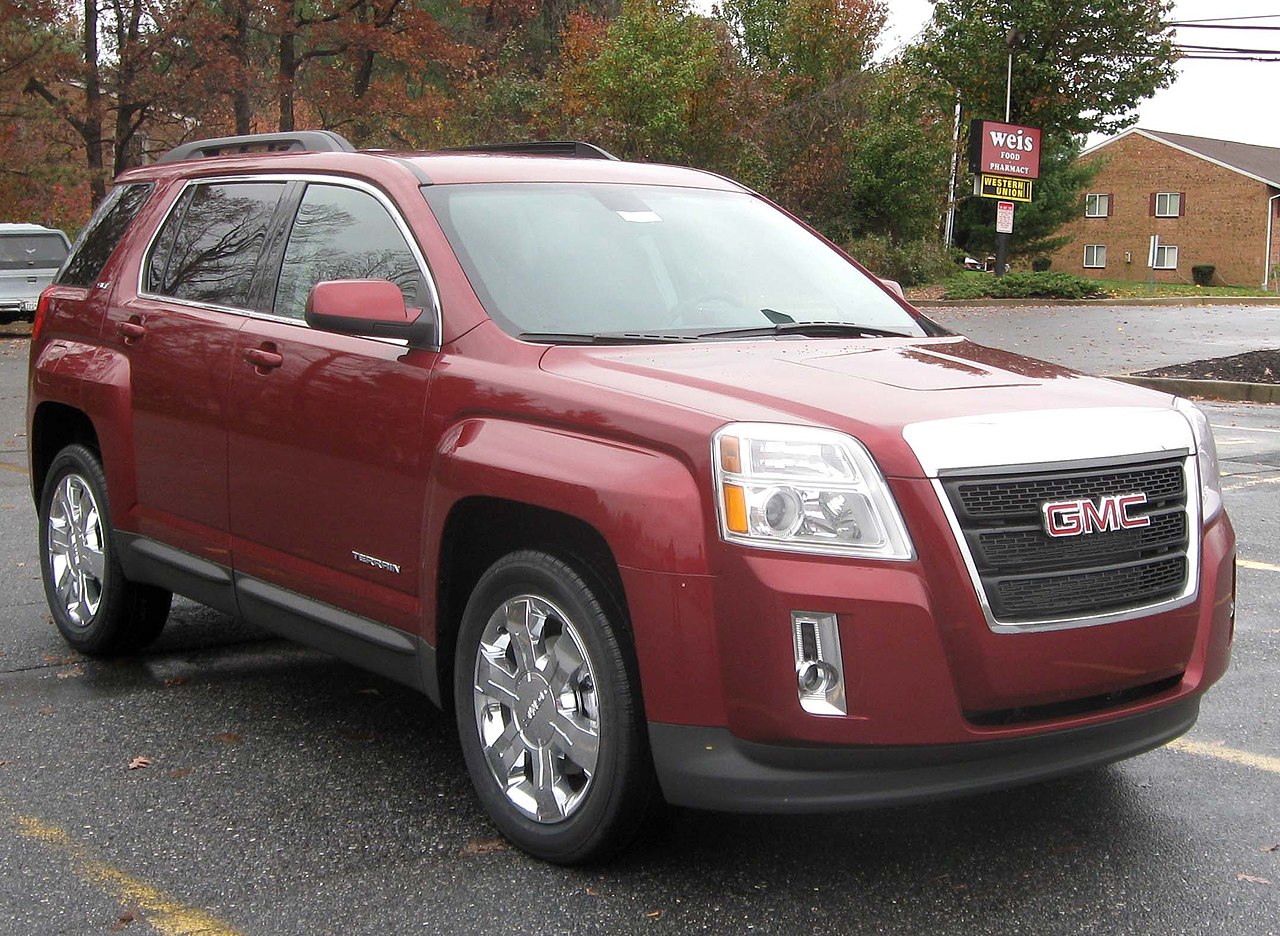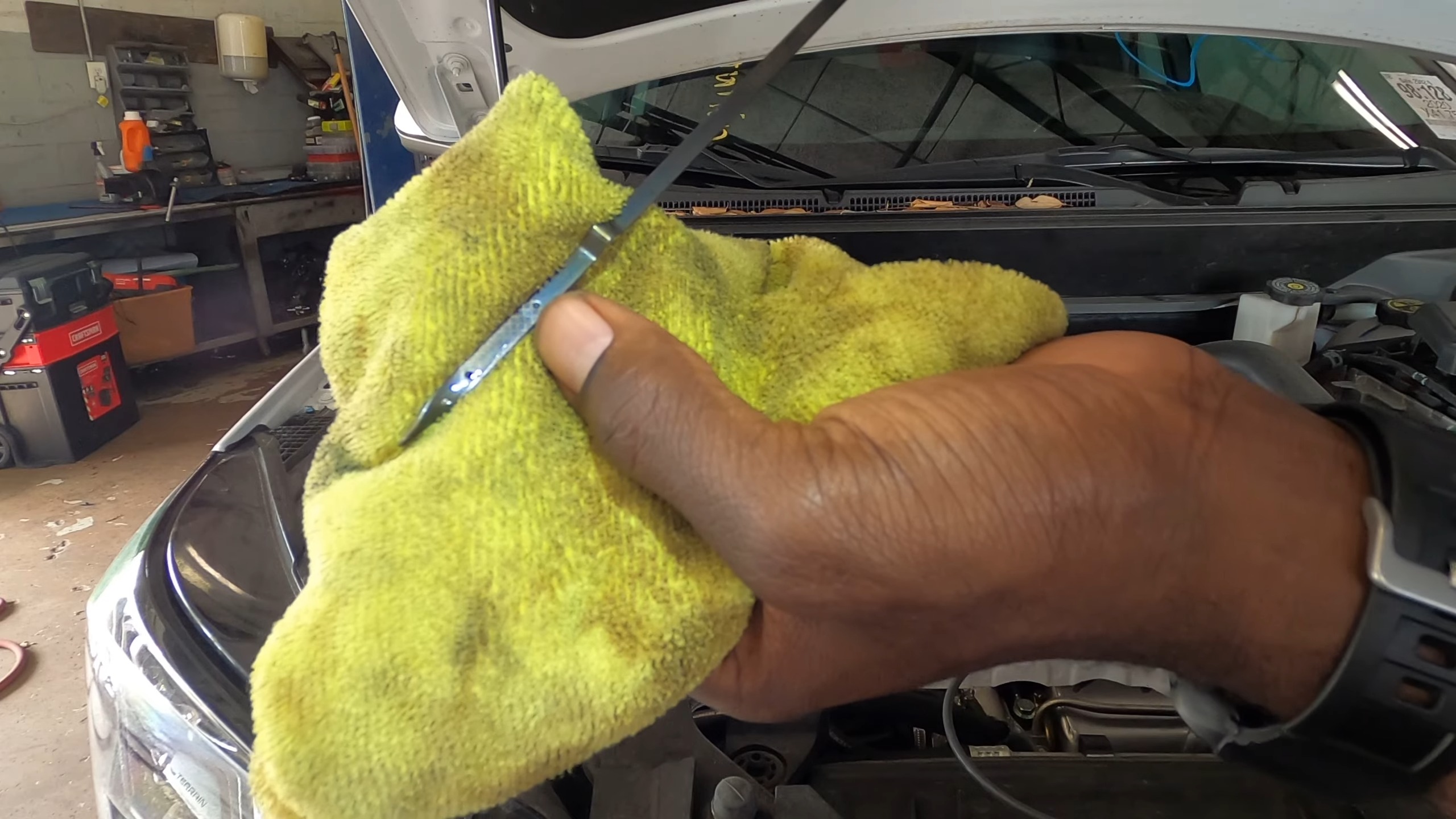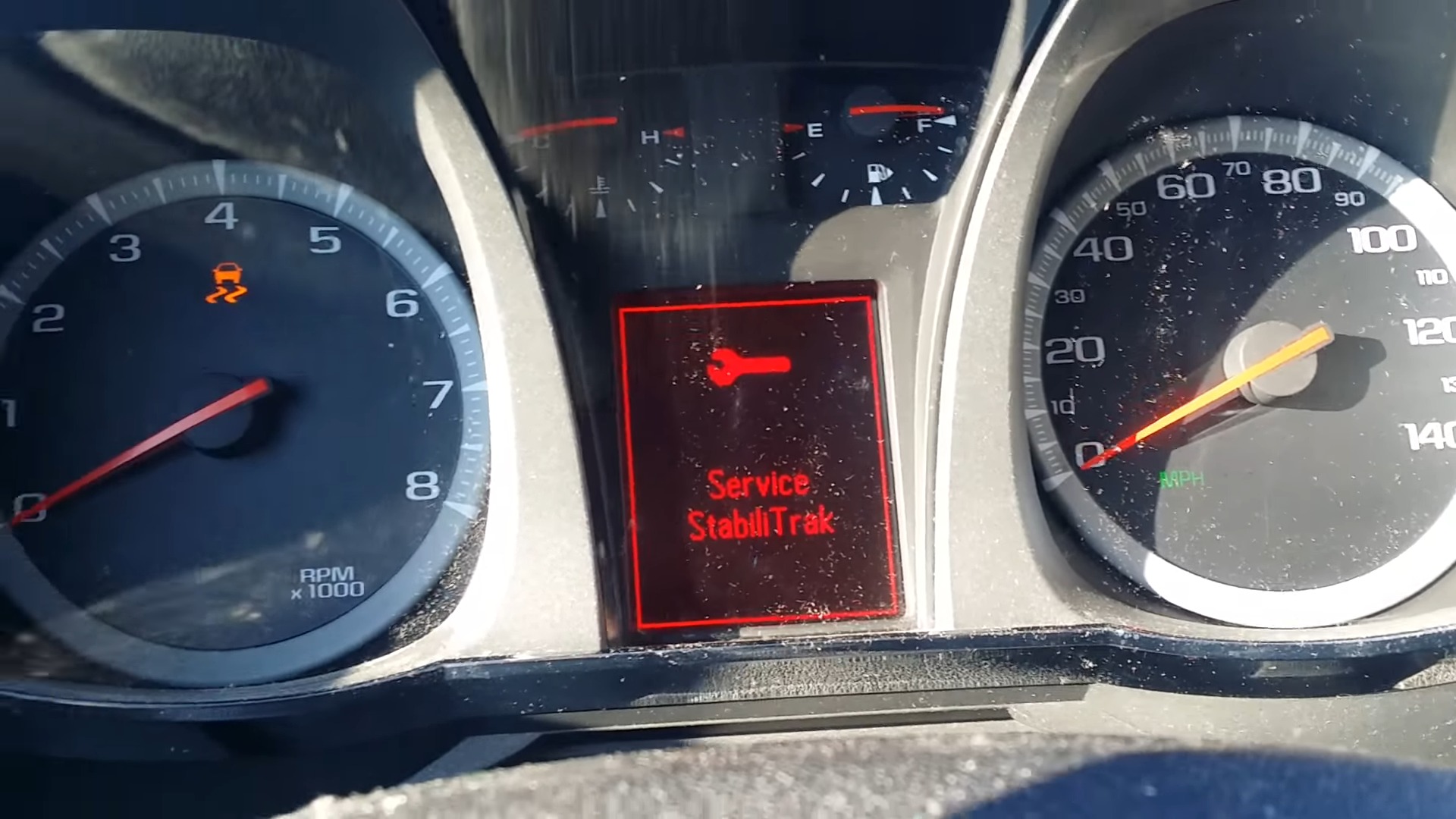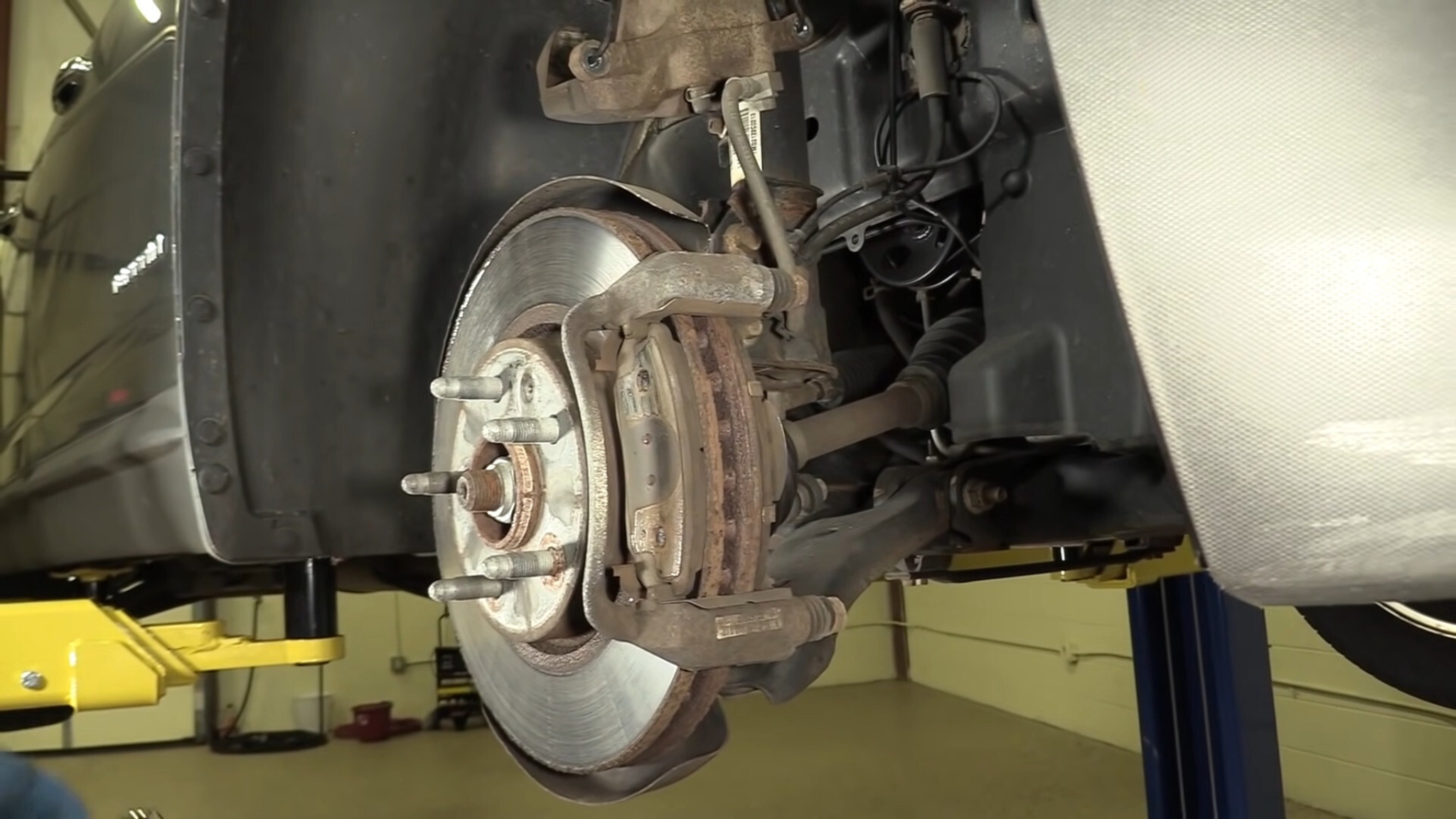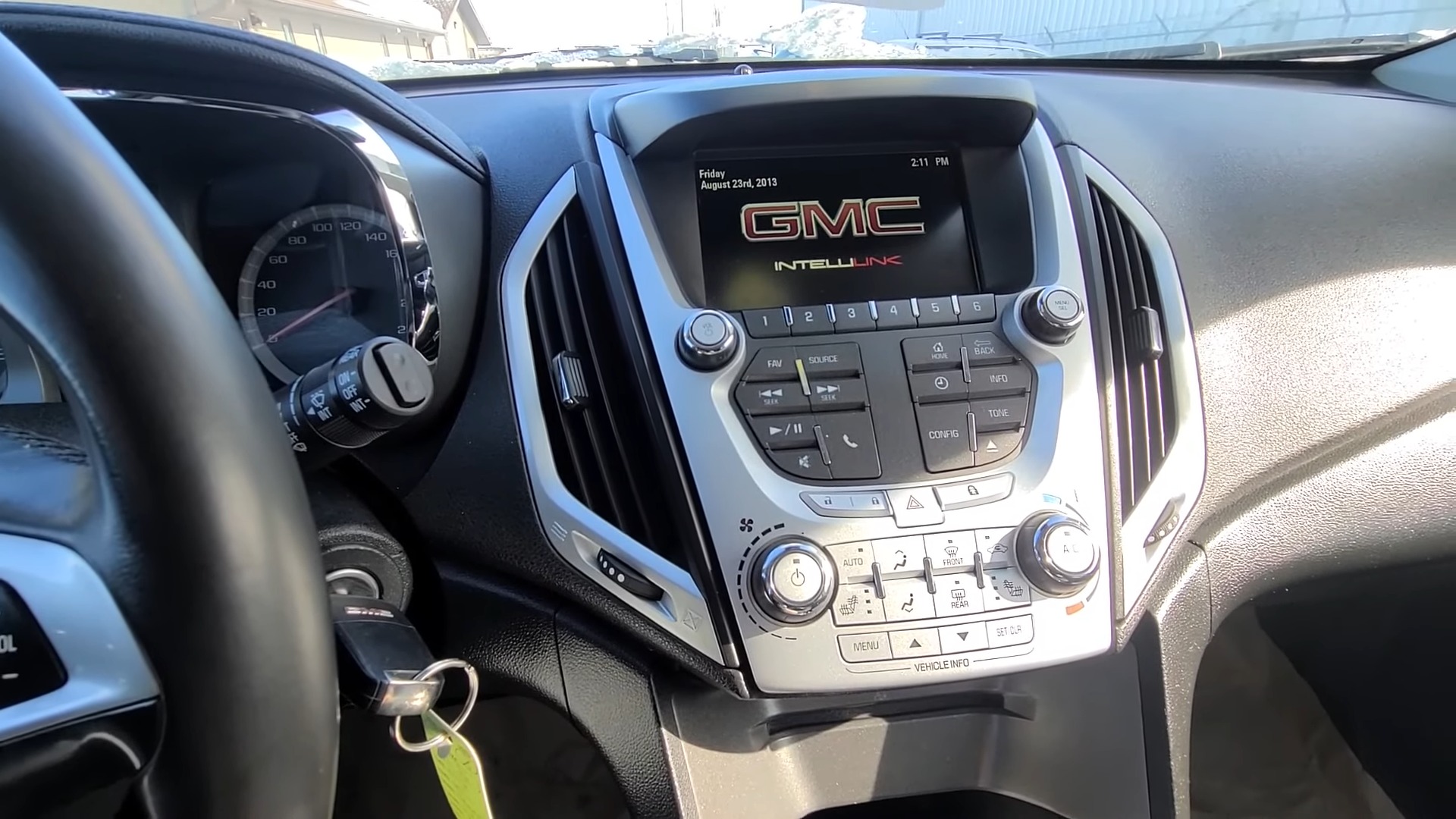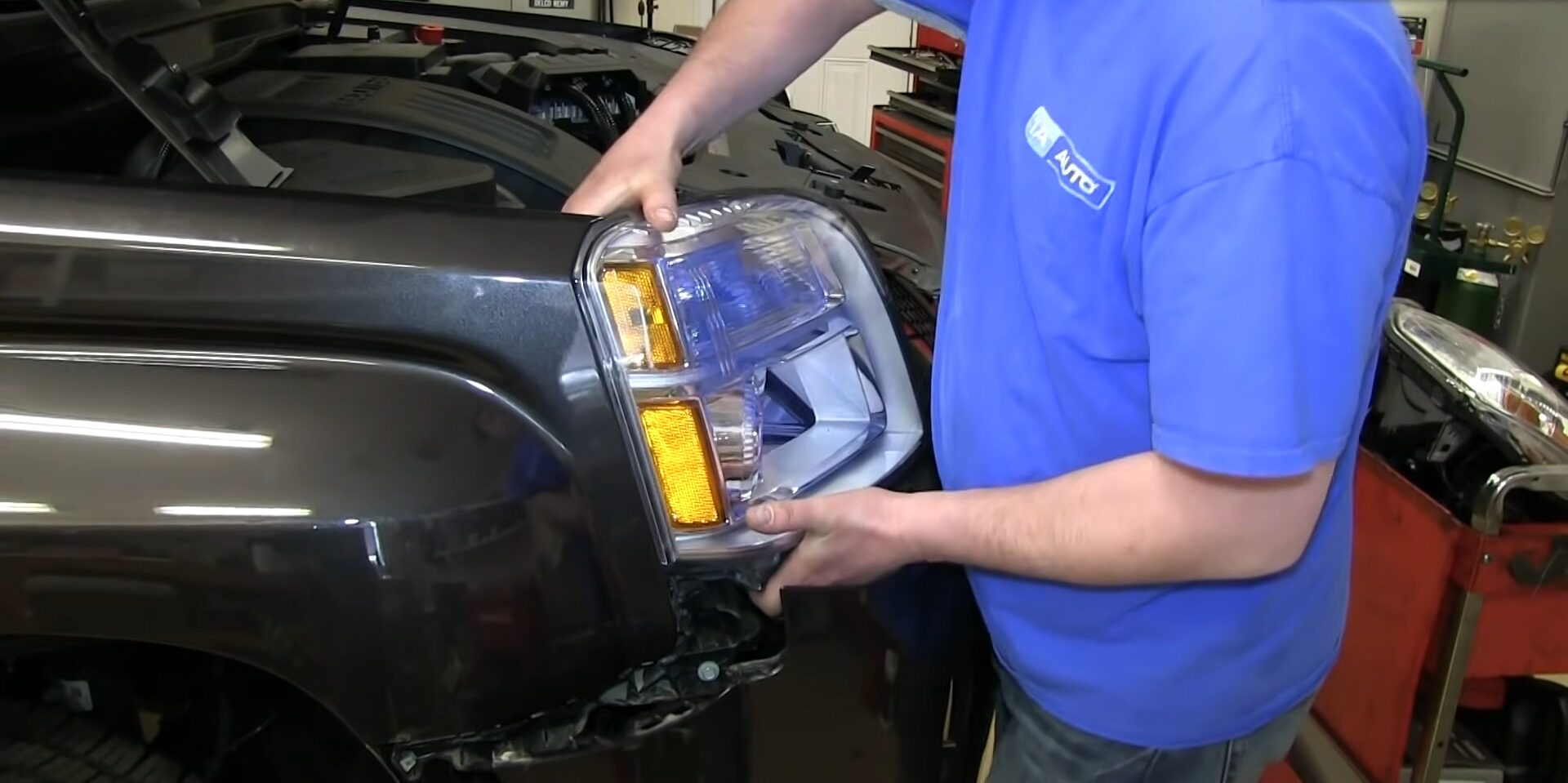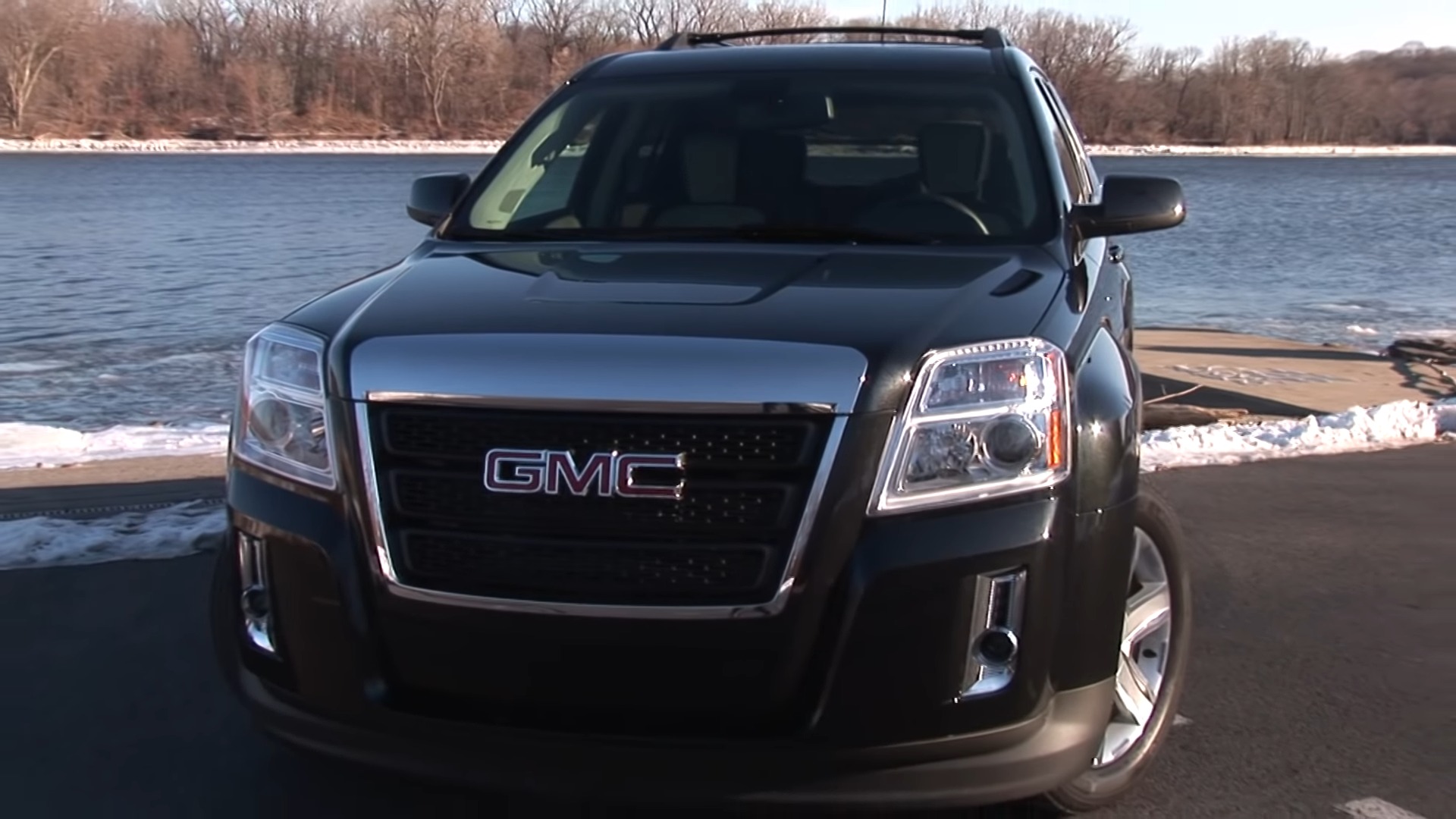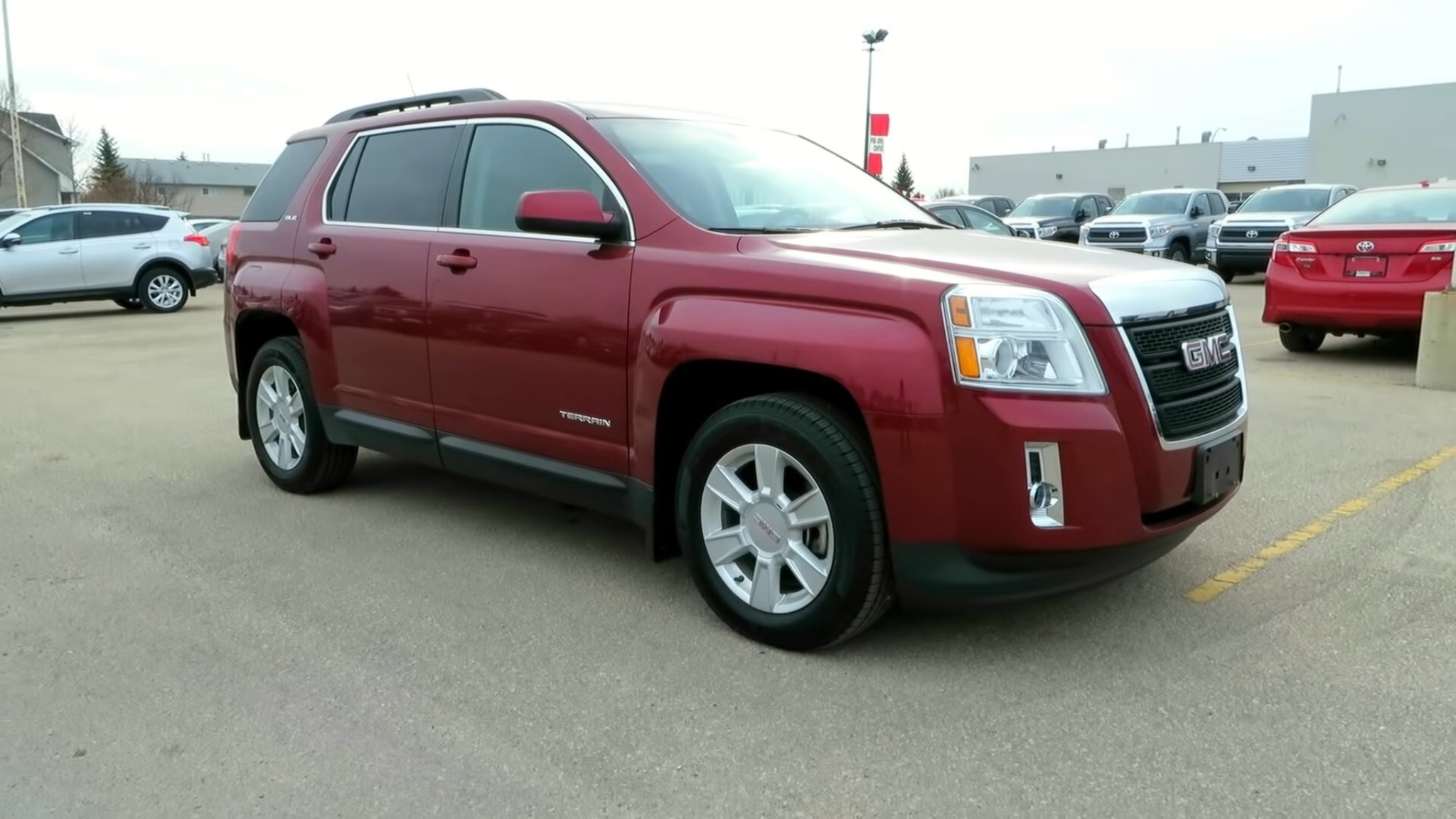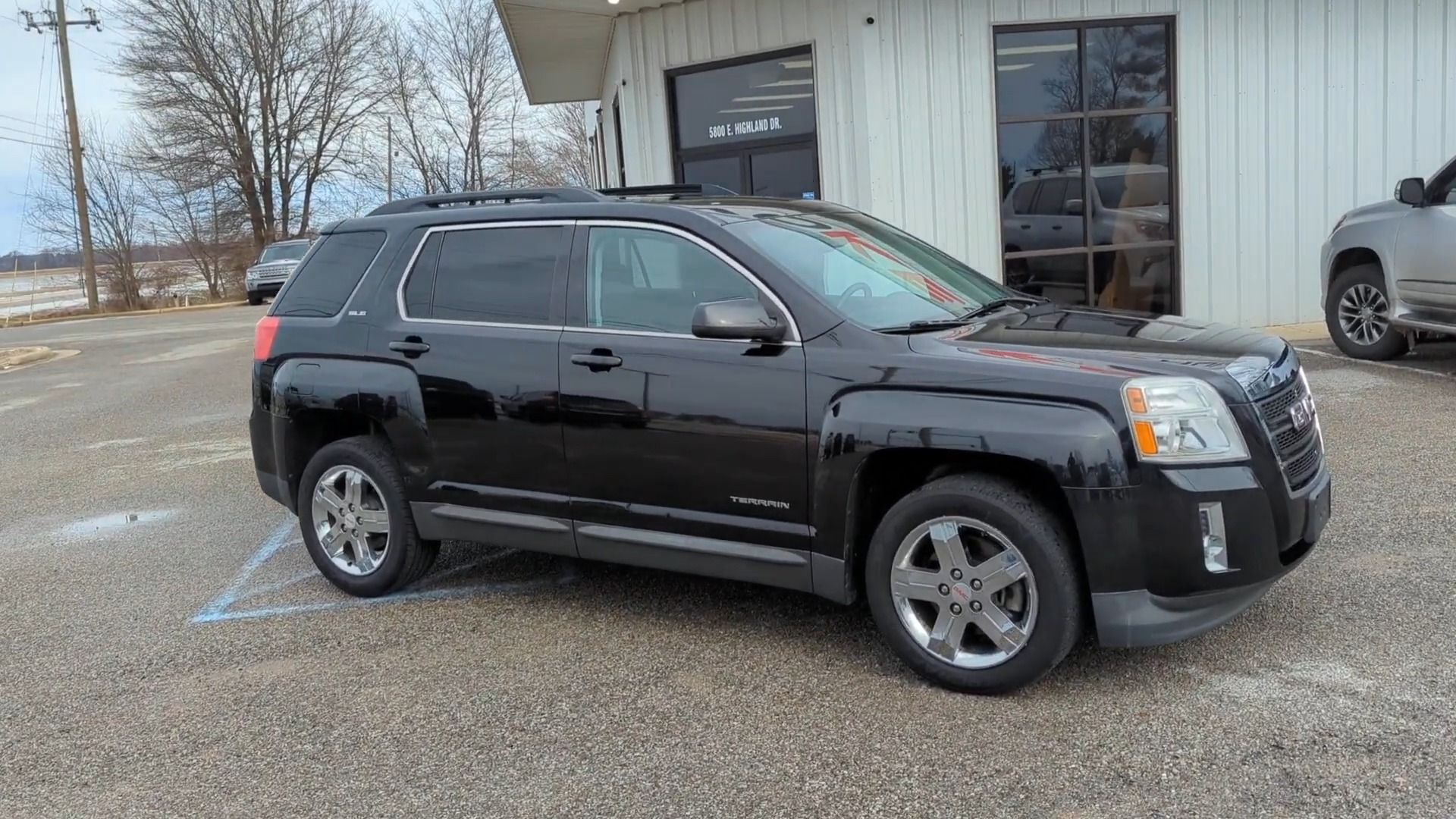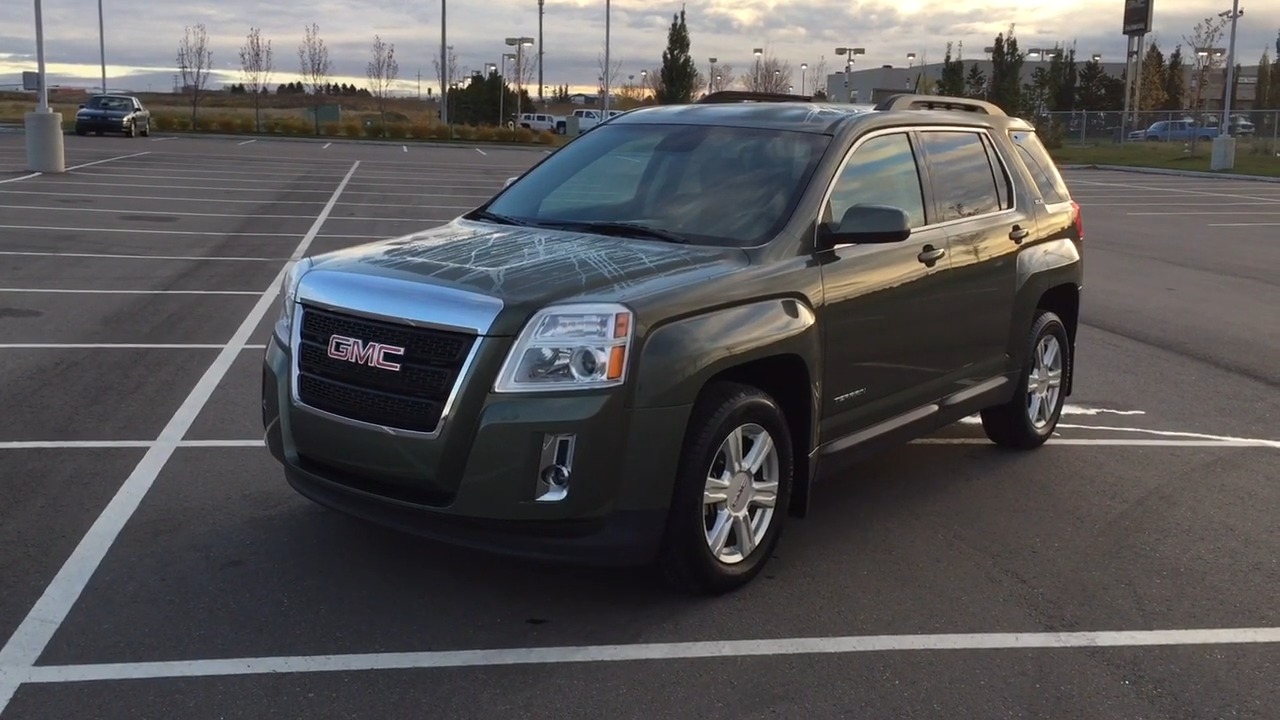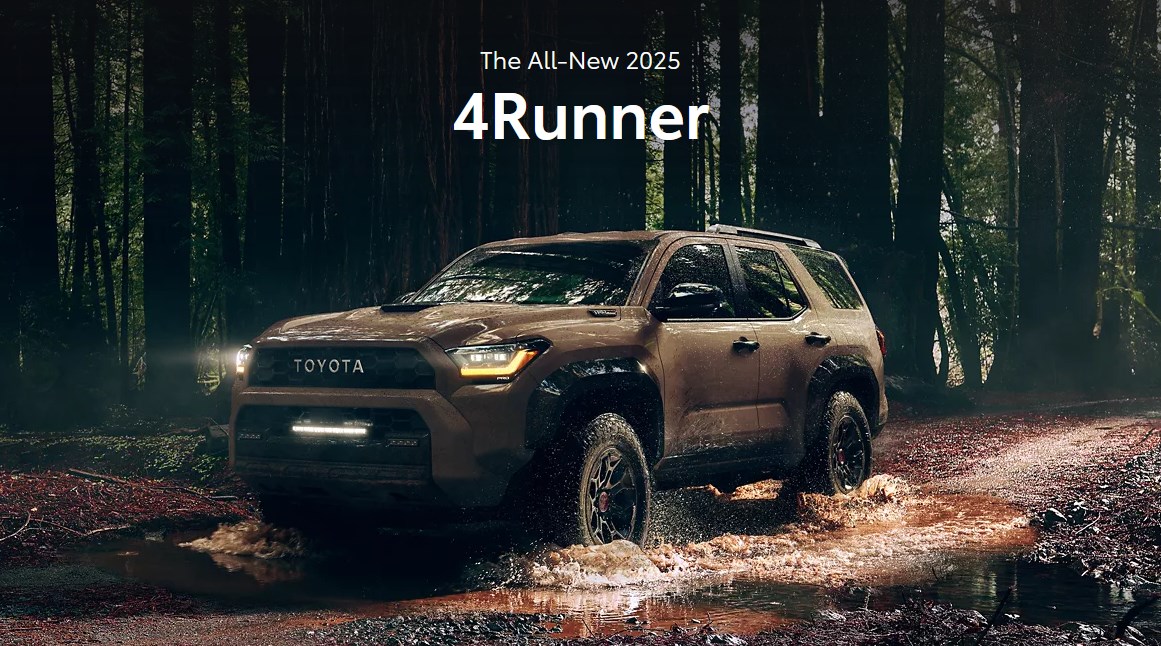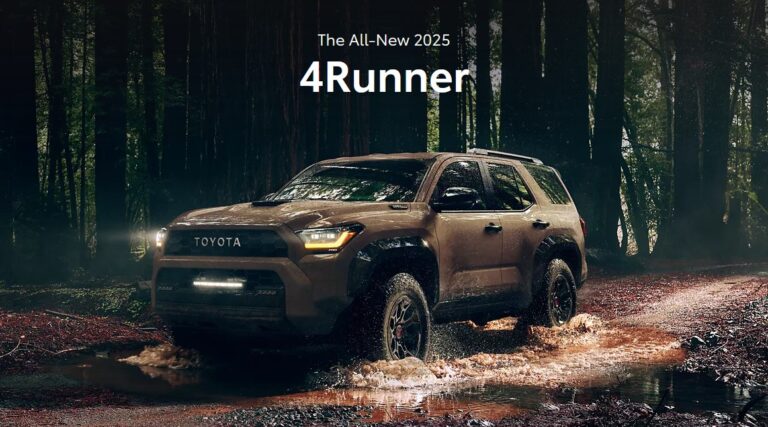As a former mechanic and someone who has tested a plethora of cars over the years, I’ve had my fair share of experiences with various vehicle models, including the GMC Terrain.
The Terrain, an SUV manufactured by General Motors, has been on the market since 2010. While it has its merits, like any other vehicle, it comes with its set of challenges.
Today, I will get you into the most common problems associated with the GMC Terrain and provide solutions based on my expertise.
Most Offten Problems
1. Excessive Oil Consumption
One of the most talked-about issues with the GMC Terrain is its excessive oil consumption. This problem doesn’t seem to be restricted to any specific model year, and it has been a persistent concern for many owners.
The Problem: The Terrain is notorious for burning oil at an alarming rate. Some reports suggest that the engine can consume one quart of oil for every thousand miles. This issue became so prevalent that a class-action lawsuit was filed in 2019.
The Solution: The alleged cause was faulty piston rings, which GM has since addressed. However, they haven’t directly linked this fix to the oil consumption problem. As a remedy, GM extended the warranty for many affected vehicles from 100,000 miles to 120,000 miles. For many owners, engine replacement was the ultimate solution, with repair costs averaging just over $5,000.
2. StabiliTrak Electrical System Issues
The StabiliTrak electrical system in the Terrain has been a source of multiple complaints, affecting both the vehicle’s overall performance and control.
The Problem: Issues range from the vehicle stalling to erratic engine performance and even total vehicle shutdown. Initially, it might seem like a minor electrical glitch, like the dashboard going dark, but it often escalates to more severe engine-related problems. The StabiliTrak light illuminating on the dashboard is a common indicator of these issues.
The Solution: Pinpointing the exact cause can be challenging, but once identified, resolving the StabiliTrak issue often rectifies the associated electrical problems. It’s crucial to consult a trusted mechanic or dealership to diagnose and address this problem accurately.
3. Transmission Failures
Introduction: A vehicle’s transmission is vital for its smooth operation, and unfortunately, some Terrain owners have reported premature transmission failures.
The Problem: Symptoms include jerking, hard-shifting, lags, and stalls. Some owners have had to replace their entire transmission, costing them thousands in parts and labor. In some cases, transmissions were replaced more than once.
The Solution: Often, these issues are linked to a faulty torque converter. Other potential causes include a clogged catalytic converter, malfunctioning oxygen sensors, dirty fuel injectors, or bad spark plugs. Regular maintenance and timely checks can help in early detection and resolution of these problems.
4. Engine Stalls or Shuts Down While Driving
Engine stalling can be a terrifying experience, especially when it happens unexpectedly while driving. Several GMC Terrain owners have reported such incidents, which can be attributed to various causes.
The Problem: The engine stalling or shutting down is often linked to issues with the camshaft actuator, fuel pump, or engine cooling. In some cases, the engine fails to cool adequately, leading the vehicle to stall or stop suddenly. Diagnosing the exact cause can be challenging, especially when no engine light indicates the problem.
The Solution: Regular maintenance checks can help identify potential issues before they escalate. If you notice your Terrain’s engine stalling, consider checking the camshaft actuator, fuel pump, and the engine’s cooling system. In some instances, the timing chain problem has been linked to the oil consumption issue, so it’s essential to address both simultaneously.
5. Wiper Issues
Windshield wipers are crucial for safe driving, especially during inclement weather. However, some Terrain owners have faced multiple issues with their vehicle’s wipers.
The Problem: The most common wiper-related problem is the wipers ceasing to function while in use. This can be particularly hazardous during rain or snow. In some instances, wiper issues have led to melted headlights and plugs. Some drivers have reported smoke emanating from the wiper arms and vents, and in extreme cases, the wipers have fallen off due to a malfunctioning wiper motor.
The Solution: The primary cause of these problems is often a faulty wire harness. If you experience any wiper issues, consider checking the wire harness and replacing it if necessary. Additionally, ensure that the wiper motor is functioning correctly and replace it if it shows signs of wear or malfunction.
6. Interior Concerns
While the GMC Terrain offers a spacious and comfortable interior, some owners have expressed concerns about the quality of materials used.
The Problem: Some reviews have pointed out “plasticky” components within the cabin, which detract from the overall premium feel of the vehicle. Additionally, the unique shifter toggle switches have been a point of contention for some users, requiring a bit of a learning curve.
The Solution: For those looking to enhance the interior ambiance, consider upgrading to the chrome Denali model, which offers a more refined interior. Additionally, aftermarket solutions can be explored to replace or cover certain “plasticky” components, giving the cabin a more upscale appearance.
7. Fuel Efficiency
Fuel efficiency is a significant concern for most vehicle owners, and while the GMC Terrain offers decent mileage, there’s always room for improvement.
The Problem: Some owners have reported slightly lower fuel efficiency than the advertised figures, especially during city driving or when the vehicle is loaded.
The Solution: Regular maintenance, including timely oil changes, air filter replacements, and tire checks, can help optimize fuel efficiency. Additionally, driving habits play a crucial role in fuel consumption. Adopting a smoother driving style, avoiding rapid acceleration, and ensuring the vehicle isn’t overloaded can help achieve better mileage.
8. Brake System Concerns
Brakes are the lifeline of any vehicle, ensuring safety for both the driver and passengers. The GMC Terrain, while generally reliable, has had some reports concerning its braking system.
The Problem: Some Terrain owners have mentioned issues like squeaky brakes, reduced brake responsiveness, and in rare cases, longer stopping distances than expected.
The Solution: Regularly inspecting the brake pads, rotors, and fluid can help in early detection of potential issues. If you notice any unusual sounds or reduced responsiveness, it’s crucial to consult a mechanic immediately. Additionally, flushing the brake fluid at recommended intervals can ensure optimal brake performance.
9. Infotainment System Glitches
Modern vehicles, including the GMC Terrain, come equipped with advanced infotainment systems that offer a range of features. However, technology can sometimes be a double-edged sword.
The Problem: Some Terrain drivers have reported occasional glitches with the infotainment system, such as the touchscreen becoming unresponsive, Bluetooth connectivity issues, or the system rebooting unexpectedly.
The Solution: Keeping the infotainment system’s software updated can resolve many of these glitches. If problems persist, consider consulting the dealership or a specialist to diagnose and rectify the issue. Sometimes, a simple system reset can also help.
10. Lighting Issues
Proper lighting is essential for safe driving, especially during nighttime or in low visibility conditions. The GMC Terrain, while equipped with quality lights, has had some reports related to its lighting system.
The Problem: Owners have mentioned issues like dim headlights, flickering interior lights, or malfunctioning tail lights.
The Solution: Regularly inspect all the vehicle’s lights to ensure they’re functioning correctly. If you notice dimming headlights, it might be time to replace them or clean the headlight covers. For flickering or malfunctioning lights, checking the vehicle’s electrical system or fuses can often pinpoint the issue.
11. Suspension and Ride Quality
A vehicle’s suspension system plays a crucial role in ensuring a smooth and comfortable ride. Some Terrain owners, however, have raised concerns about the SUV’s ride quality.
The Problem: Reports include feeling every bump on the road, excessive cabin noise at high speeds, or the vehicle swaying more than expected during sharp turns.
The Solution: Regularly inspecting the shock absorbers, struts, and tires can help maintain optimal ride quality. If you experience excessive cabin noise, consider checking the door seals and window alignments. For swaying issues, a thorough suspension check is recommended.
12. HVAC System Inconsistencies
A comfortable cabin temperature is essential for enjoyable drives, especially during extreme weather conditions. The GMC Terrain’s HVAC system, while generally efficient, has had some inconsistencies reported.
The Problem: Some owners have mentioned the air conditioning not cooling effectively during hot weather or the heater taking too long to warm the cabin during winters.
The Solution: Regular maintenance of the HVAC system, including checking the refrigerant levels and cleaning or replacing the cabin air filter, can ensure consistent performance. If cooling or heating issues persist, a thorough inspection of the compressor or heating elements might be required.
Model-Specific Issues Over the Years
While the GMC Terrain has been a popular choice among SUV enthusiasts, it’s essential to understand that specific problems are more prevalent in certain model years. Let’s delve into some of these model-specific concerns.
2010 GMC
Excessive Oil Consumption: The 2010 model, being the introductory year for the Terrain, faced significant issues with excessive oil consumption. This problem was so widespread that it led to class-action lawsuits.
Solution: GM addressed the issue in subsequent models, but for 2010 owners, regular oil checks and considering engine replacement were the primary solutions.
2011 GMC
Engine Stalling: This model year saw complaints related to the engine stalling or shutting down unexpectedly, especially during drives.
Solution: Issues were often linked to the camshaft actuator or the fuel pump. Replacements or repairs of these components were the primary solutions.
2012 GMC
Transmission Failures: The 2012 model had reports of premature transmission failures, with symptoms like hard-shifting and jerking.
Solution: Many owners had to replace their entire transmission. Regular checks and early detection were crucial to prevent extensive damage.
2013 GMC
Wiper Issues: The 2013 model had numerous reports concerning wiper malfunctions, especially during inclement weather.
Solution: The primary cause was often a faulty wire harness or a malfunctioning wiper motor. Replacements were the most common solution.
2014 GMC
Infotainment System Glitches: The 2014 Terrain owners reported occasional glitches with the infotainment system, such as unresponsive touchscreens or unexpected reboots.
Solution: Software updates were the primary solution, but in some cases, system resets or hardware replacements were required.
2015 GMC
Lighting Issues: This model year saw concerns related to dimming headlights and malfunctioning tail lights.
Solution: Regular inspections and replacements, if necessary, were the primary solutions. Cleaning the headlight covers also helped in some cases.
2016 GMC
HVAC System Inconsistencies: The 2016 model had some inconsistencies with the HVAC system, especially with the air conditioning not cooling effectively.
Solution: Regular maintenance, including checking the refrigerant levels and replacing the cabin air filter, was recommended.
FAQ
Are there any recalls on the GMC Terrain?
Yes, over the years, there have been several recalls on the GMC Terrain for various issues. It’s always a good idea to check the National Highway Traffic Safety Administration (NHTSA) website or consult with your local dealership to see if your specific model year has any active recalls.
Is the GMC Terrain reliable for long trips?
Generally, the GMC Terrain is considered reliable for long trips. However, like any vehicle, it’s essential to ensure regular maintenance and address any known issues before embarking on a long journey.
How often should I service my GMC Terrain?
It’s recommended to follow the service schedule provided in the owner’s manual. Typically, an oil change and basic inspection every 5,000 to 7,500 miles is advisable.
Are parts for the GMC Terrain expensive?
The cost of parts can vary based on the specific component and where you purchase it. Generally, GMC Terrain parts are in line with other vehicles in its class in terms of cost.
How does the GMC Terrain compare to other SUVs in its class?
The GMC Terrain offers a comfortable ride, advanced features, and a spacious interior. While it has its set of challenges, many owners find it comparable or even preferable to other SUVs in its class.
What is the biggest problem with a GMC Terrain?
One of the most significant and frequently reported problems with the GMC Terrain has been excessive oil consumption. This issue has been prevalent across various model years and led to class-action lawsuits.
How reliable are GMC Terrains?
The GMC Terrain is generally considered a reliable SUV. However, like any vehicle, certain model years have had specific issues. Regular maintenance and addressing known problems can enhance its reliability.
What are the common problems with the 2012 GMC Terrain?
The 2012 GMC Terrain had reports of premature transmission failures, with symptoms like hard-shifting and jerking. Regular checks and early detection were crucial to prevent extensive damage.
What are the main problems on a 2011 GMC Terrain?
The 2011 GMC Terrain model year saw complaints related to the engine stalling or shutting down unexpectedly. Issues were often linked to the camshaft actuator or the fuel pump.
Which year GMC Terrain is best?
While each model year has its pros and cons, many experts and owners consider the post-2016 models to be among the best due to the refinements and improvements made after addressing earlier issues.
Is Toyota or GMC more reliable?
Both Toyota and GMC have their strengths and are known for producing reliable vehicles. Historically, Toyota has often been ranked higher in terms of overall reliability due to its long-standing reputation.
However, specific models and years from GMC, including the Terrain, have also received positive reviews for reliability. It’s essential to research and compare specific models when making a decision.
Final Words
The GMC Terrain, with its blend of style, comfort, and utility, remains a top choice for many. While it’s essential to be aware of the common issues associated with specific model years, it’s equally crucial to remember that regular maintenance and timely interventions can mitigate most problems.
As a former mechanic and car tester, I believe that understanding and addressing your vehicle’s unique quirks is the key to a satisfying ownership experience.

